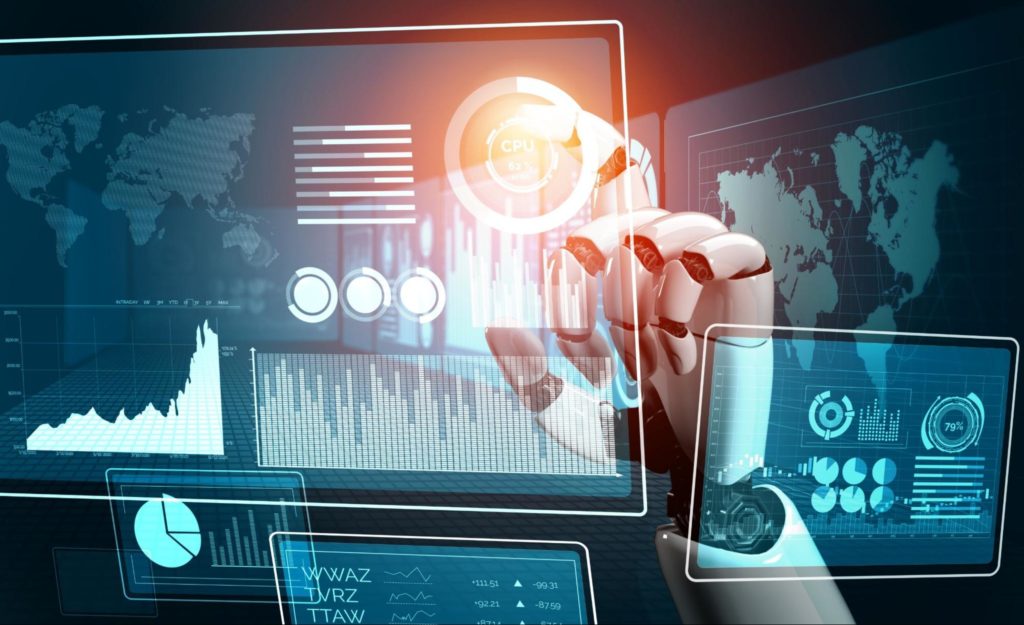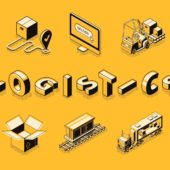Industry leaders, consultants, and analysts keep repeating the importance of adopting Automation across all sectors, but organizations are barely aware of the benefits intelligent Automation can bring. Over the past year, intelligent Automation has disrupted and changed the world through the widespread adoption of digital technology and Covid-19.
Companies have always tried to automate business processes and use as many automated tools as they could to reduce costs and increase efficiency. With the ubiquitous adoption of digital technology, Automation has evolved rapidly over the past few years. While traditional Automation has been around for quite some time, the introduction and use of robotic process automation (RPA) have created a furor in the automation industry. RPA optimizes and automates repetitive business processes and requires manual labor – changing human lives, the business ecosystem, and the global economy in unprecedented ways.
What is Intelligent Automation?
With the development of digital technologies such as artificial intelligence and machine learning, a more intelligent version of RPA analyzes the vast amount of data generated and then decodes and learns the business process.
Intelligent Automation combines AI and Automation to create intelligent solutions for analyzing, learning, and improving the efficiency and productivity of any organization. It uses natural language processing, computer vision, machine learning, and machine vision to understand and solve complex business problems. As a result, intelligent Automation automates any business process, resulting in lower operating costs, greater efficiency, and improved customer service.
Intelligent automation solutions transform the following industries:

Healthcare
Healthcare providers can devote more human resources to patient care by implementing intelligent automation solutions as IA takes over routine, time-consuming tasks. As for the healthcare industry, had difficulty processing unstructured data, including text, video, and images – innovative solutions have automated tasks such as collecting and interpreting diagnostic results, pharmacy and lab operations, etc., in a short time and with increased efficiency. Digitizing medical records, inventory management, automating unstructured data processing, contact center automation, patient journey management, etc. – are some of the ways Automation has impacted healthcare.
With virtual caregivers, speech and facial recognition robots for patient management, and AR/VR technologies, the healthcare industry can provide care, ensuring high patient and employee satisfaction.

Retail
Artificial intelligence embedded in robotic process automation (RPA) has enabled retailers to offer personalized offers to every customer. Intelligent automation solutions analyze vast amounts of data generated through various customer touchpoints to create a seamless, error-free shopping experience. Assistive body measurement solutions using advanced artificial intelligence and computer vision technologies to automate and accelerate measuring the body and recommending clothing sizes to their customers accurately and efficiently is one of the applications of IA in retail.
Pricing analytics, a subdiscipline of intelligent Automation, helps retailers adjust prices based on customer intent and real-time market conditions. It can also gather information about customer sentiment from various social media platforms and allows retailers to make informed decisions. As a result, IA significantly improves retailers’ operational efficiency, reduces costs, and provides superior customer service.

FinTech
FinTech organizations use Intelligent Automation solutions to automate virtually every aspect of their business processes. Intelligent Automation allows FinTech providers to offer cognitive agents such as virtual assistants and chatbots. These cognitive agents can examine complex structured and unstructured data to make logical decisions and have already changed the way customers interact with financial authorities.
Intelligent Automation helps analyze the vast amount of data, make more accurate predictions, and help assess market movements in near real-time. These solutions can also help FinTech providers meet regulatory requirements and standards because they significantly reduce the risk of human error.

Transportation & Logistics
Intelligent automation solutions enable the complex transportation and logistics to be more efficient and autonomous, using the most exciting applications for Intelligent Automation that enable managing trucks, driverless cars, and uncrewed cabs.
With the widespread adoption of digital technology, customer expectations for logistics and transportation have changed dramatically. Smart automation solution providers are helping organizations optimize business processes such as route planning, asset & warehouse management to meet the increasing demands of the marketplace.
IA solutions based on analytics and forecasting help organizations be more efficient, meet customer needs and make faster decisions.
Intelligent automation solutions are designed to solve complex business problems, simplify business processes, reduce costs and improve efficiency. However, with growing market demand and dynamic customer expectations, companies may not survive if they don’t automate everything they can.




